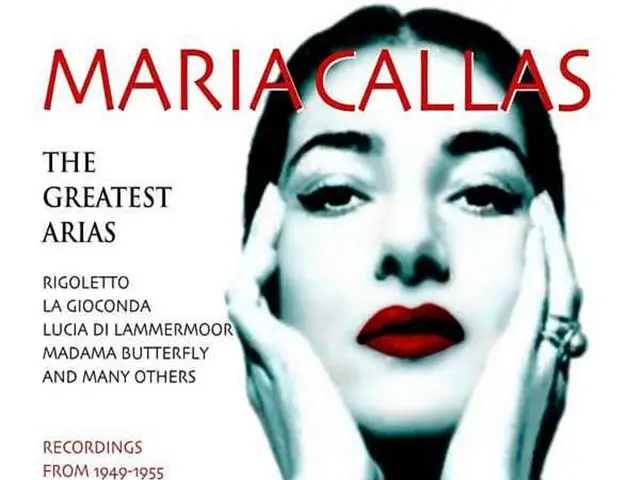The Evolution of Rock Music: A Tale of Innovation and Rebellion
Uncovering the Raw Vibrance and Authentic Flair in Today's Rock Music Scene!
The world of rock music, with its captivating pulse and powerful voice, serves as a testament to humanity's unyielding urge to create, rebel, and connect. From the 1950s to the present day, the genre has undergone considerable transformations, each era serving as a stepping stone in its ever-evolving journey.
The Birth of Rock 'n' Roll (1950s)
Rock 'n' roll took shape in the 1950s as a fertile blend of rhythm and blues, country, and gospel. Pioneers like Chuck Berry, Little Richard, and Elvis Presley laid the foundations for this rebellious spirit, as their energetic performances tapped into the zeitgeist of youth and defiance. Rock 'n' roll infused culture, fashion, and societal norms with a burst of fresh ideas and dynamic energy.
The Sixties and Seventies: A Decade of Change
The 1960s and 1970s witnessed a swell of revolutionary changes in rock music, as British invasion bands like The Beatles, The Rolling Stones, and The Who dominated the scene. Psychedelic and folk-infused strains began to emerge, with artists like Jimi Hendrix and Bob Dylan leading the way. The Beatles' "Sgt. Pepper's Lonely Hearts Club Band" and Jimi Hendrix's "Are You Experienced?" stand out as key milestones of this era, demonstrating a rising artistic and cultural awareness.
Meanwhile, progressive rock bands such as Pink Floyd, Genesis, and Yes pushed musical boundaries with complex structures and riveting themes, while punk rock bands The Ramones and The Sex Pistols rejected the sophistication of progressive rock in favor of raw, aggressive energy. Arena rock giants like Led Zeppelin and Aerosmith commanded massive audiences, their high-energy performances leaving a lasting impact.
The 1980s: A Era of Revolution
The 1980s saw the emergence of new wave and post-punk styles, exemplified by bands like The Police, Depeche Mode, and The Cure. Heavy metal bands like Iron Maiden, Judas Priest, and Guns N' Roses made their mark with aggressive soundscapes and theatrical performances. The rise of MTV revolutionized music video culture, and albums like Guns N' Roses' "Appetite for Destruction" became iconic.
The 1990s: Grunge and Alternative Reign
The 1990s saw the rise of grunge and alternative rock, with Nirvana's "Nevermind" and Radiohead's "OK Computer" leaving indelible marks on the genre. Indie and underground scenes flourished, as independent labels supported a host of breakthrough artists.
From the 2000s to the Present: Contemporary Rock and the Digital Age
Since the turn of the millennium, digital technologies like iTunes and streaming services have dramatically reshaped the way music is consumed and distributed. Contemporary rock sub-genres like indie, emo, and pop-punk continue to evolve, with bands like Arctic Monkeys and Green Day maintaining a strong presence. The digital era has democratized music creation and distribution, ushering in an age of greater accessibility and diversity.
Throughout its history, rock music's transformation reflects not only the evolving tastes and aspirations of culture but also the broader technological and social advancements that have shaped society. The story of rock is a captivating drama of creation, rebellion, and human connection, one that continues to unfold in innovative and exciting ways.
- The evolution of rock music trends has paralleled advancements in science, with electronic elements increasingly creeping into the genre.
- In the realm of health-and-wellness, music therapy has found a unique application, especially in treating mental health issues through the calming effects of blues and jazz.
- As pop music's influence grew, it often intertwined with rock, resulting in pop-rock fusions that have dominated concert stages worldwide.
- Today, the science of neuroplasticity suggests that music challenges your brain and improves cognitive functions, much like how rock music has continuously challenged societal norms.
- Simultaneously, mental-health advocates emphasize the importance of music as a supportive tool, helping individuals express their feelings and cope with stress in a way that's both therapeutic and liberating.








